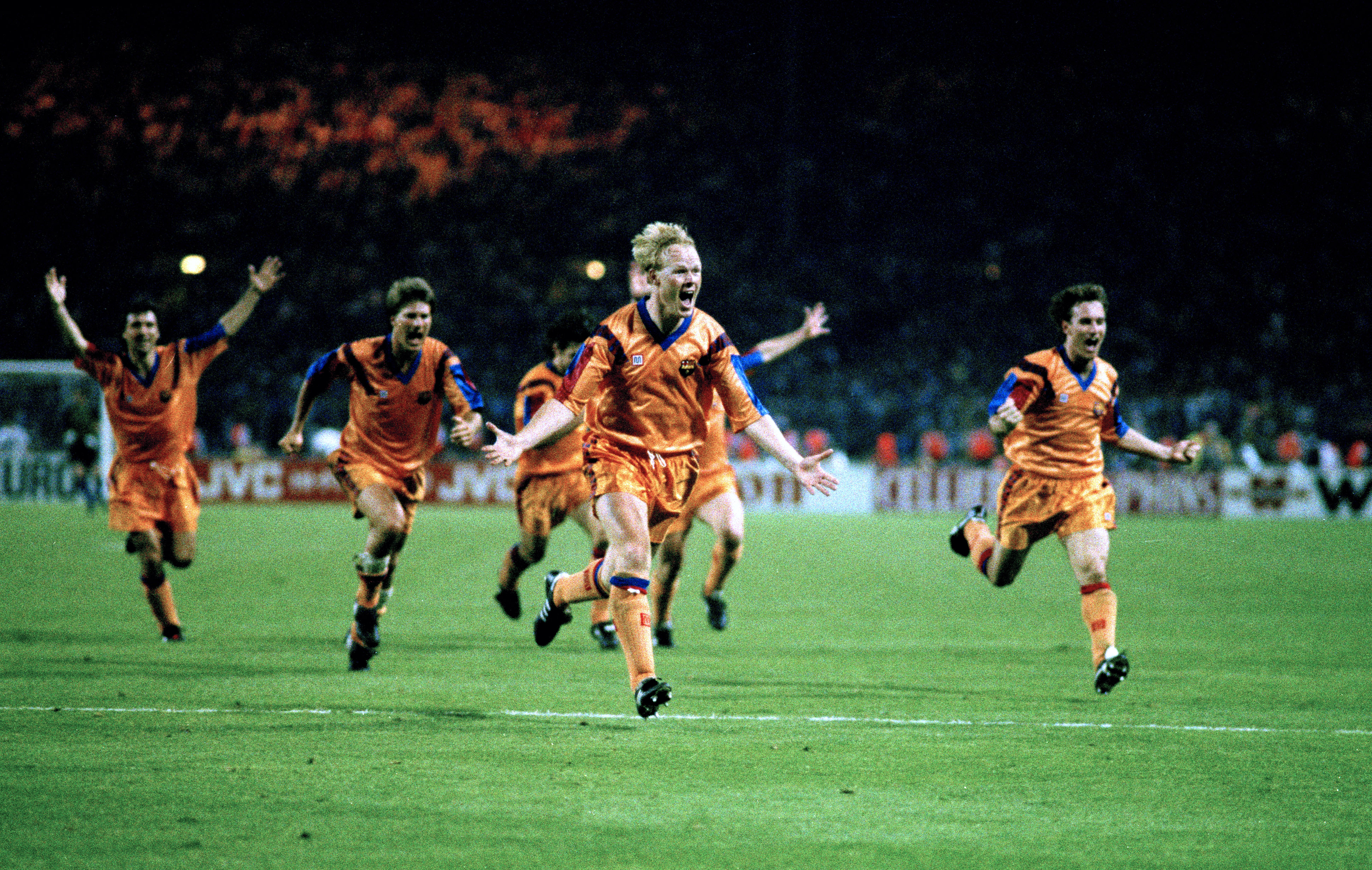Billionaires, Bulls & Blofelds
James Bond villains die in many ways. But in essence they are all killed by the same thing, as 007 says: âÂÂAh, that old dream â world domination.âÂÂ
The fantasies of global hegemony spun by Blofeld, Dr No & co have infected many businessmen who have applied them, usually disastrously, to football.
Austrian billionaire Dietrich Mateschitz has the looks to play a Bond villain â think Charles Gray suavely stroking a cat as Blofeld.
Not content with owning an island off Fiji, two F1 racing teams and 49 percent of Red Bull drinks, Mateschitz runs or owns four football clubs on three continents.
His most notorious purchase was SV Austria Salzburg, so thoroughly rebranded as Red Bull Salzburg that, even though the new regime has delivered trophies galore, many outraged fans support a club they formed under the old name.
Since then Mateschitz has acquired the Metro Stars (renamed New York Red Bulls) and founded Red Bull Brasil, mired in the second division of the Sao Paolo league.
HeâÂÂs just rebranded SSV Markranstadt in east Germany as RB Leipzig.
The best features, fun and footballing quizzes, straight to your inbox every week.
Mateschitz has had to compromise to comply with German football regulations, softening its stance on the club name â note the subtle RB? â and not owning the club outright.
Even though Mr Red Bull has, effectively, taken over the German equivalent of a Conference North club, his strategy has a Blofeldian sweep.
A ã60 million plan to climb four rungs to the Bundesliga within eight years would make RB Leipzig the biggest club in the populous region of Saxony, and the club is moving to the capacious 44,000-capacity Zentralstadion in Leipzig, recently vacated by FC Sachsen Leipzig who are broke.
We have been here before, most famously with ENIC, the investment group run by Bahamanian billionaire Joe Lewis, whose pan-European football business has been quietly, expensively, abandoned.
At one point, ENIC had stakes in AEK Athens, Basel (now owned by a Swiss billionaire, Gisela Oeri, whose husband is an heir of the Swiss pharmaceutical giant Hoffman La Roche), Rangers, Slavia Prague, Spurs and Vicenza.
The theory sounds good â run one club efficiently and apply the nous youâÂÂve acquired in marketing, scouting, coaching, administration and purchasing to less developed markets where you should have a competitive edge.
But theory seldom became reality.
Often these clubs were still run by existing management and, when results on the pitch werenâÂÂt as forecast, ENIC sold up, sometimes messily â the sale of AEK Athens led to a legal wrangle over whether ENIC had waived its debt.
ENICâÂÂs Mini-Me, to continue the spy movie analogy, might well be Kevin McCabe, the property tycoon who owns Sheffield United.
McCabe has bought Chengdu Five Bull (now Chengdu Blades in the Chinese Super League) and the grand old Hungarian club Ferencvaros (back in the top flight) and invested in Belgian club Royal White Star Woluwe.
The Blades have looser links with AustraliaâÂÂs Central Coast Mariners.
Football is a multi-billion pound industry that seems ripe for consolidation and, letâÂÂs be frank, the injection of some vaguely competent management.
But itâÂÂs hard to see how these clubs make serious money without flourishing in the UEFA Champions League or UEFA Europa League.
And UEFA wonâÂÂt jeopardise the integrity of its competitions by allowing two clubs with the same owner to meet.
This is all a long way from football as the peopleâÂÂs game.
But then, as Mike Ashley has shown, you can burn ã200 million in just two years chasing success in football, so weâÂÂll probably see more billionaires like Mateschitz â Red Bull Newcastle anyone? â not less.
Indeed, Swiss billionaire Markus Liebherr, the son of the founder of the Liebherr crane group, has emerged as the unlikely saviour of Southampton.
While Notts County have been acquired by a finance group linked to a Qatari investor in Sudanese oil and fronted by a man described by Sky Sports as âÂÂthe 16th most powerful Arab.âÂÂ
There will also be much more talk of alleged cross-border synergies and global brand building.
Even Barcelona, hailed as a shining exemplar of the democratic, member-funded approach, have mooted investing in a Major League Soccer franchise in Miami or Philadelphia.
(And many blaugrana fans are disturbed by the clubâÂÂs strange links with the Uzbeki club Bundyodkor).
The downside of footballâÂÂs global popularity is that it will attract billionaires of all kinds, intrigued by the chance to build a profile, make a fortune or polish their ego.
And â back to Bond villains â these billionaires may come from regions where the source of their wealth will be a matter for conjecture, rumour and investigation.
Are footballâÂÂs regulators ready for this?
As David Conn pointed out inThe Guardian, under the Premier LeagueâÂÂs current âÂÂfit and proper test,â a convicted criminal could own 29.9 percent of a Premier League club. And anyone can own 9 percent without having to reveal their identity.
Is that fit and proper regulation? Or a standing invitation to looney tunes, malfeasants, and dodgy geezers to use English football for their own ends?
---------------------------------------------------
FourFourTwo.com: More to read...
More Professor Champions League blogsBlogs HomeChampions League News
News Home
 Join The Club
Join The Club





